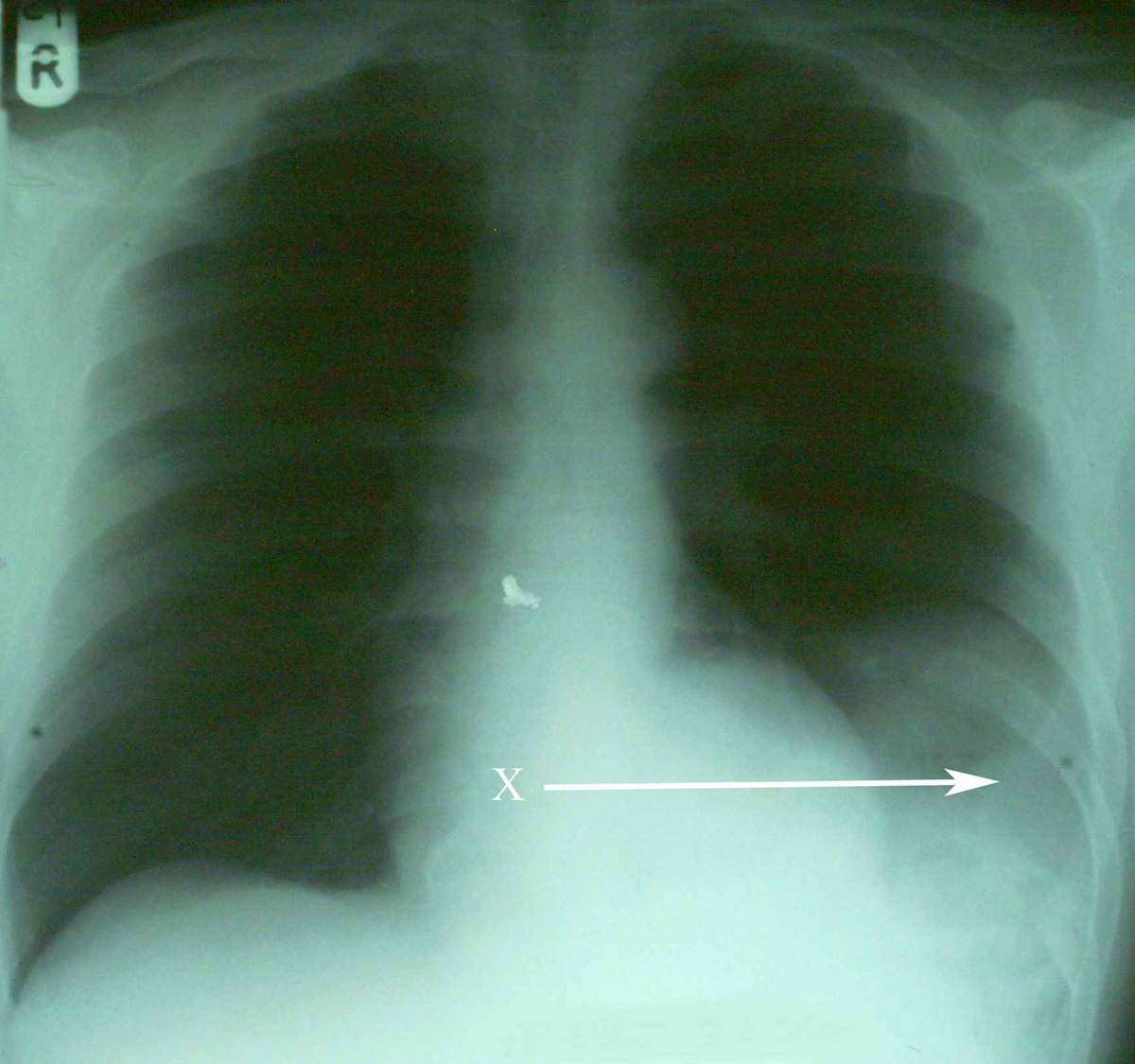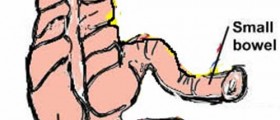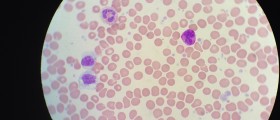
The spleen
Causes of Splenic Rupture
The rupture of the spleen is in most cases caused by trauma. Direct blow or severe trauma of the abdomen in many cases results in splenic rupture. In blunt traumas the spleen is the easiest abdominal organ to be damaged. Splenic rupture occurs in motor vehicle or bicycle accidents and in certain contact sports. Even domestic violence can be a cause of splenic rupture.
Apart from trauma the spleen can rupture in some medical conditions such as mononucleosis, malaria, hemolytic anemia or lymphoma. Namely, in all these diseases the spleen becomes enlarged and full with blood. The splenic capsule expands and the organ becomes very susceptible to rupture. If examination of enlarged spleen is not performed gently the spleen can burst.
Symptoms of Splenic Rupture
The rupture is accompanied by severe pain. The localization of the pain varies. Rapid loss of blood leads to drastic fall in blood pressure and acceleration of heart rate. The patient is confused, his/ her vision is blurred. Lightheadedness or even fainting is possible. If heavy bleeding occurs the patient develops shock and may die.
The diagnosis is set after physical examination and imaging tests. CT scan of the abdomen is excellent in visualizing of the splenic rupture. If CT scan is not available focused abdominal sonographic technique is performed. Peritoneal lavage can confirm the presence of the blood in abdominal cavity.
Surgery for Ruptured Spleen
Splenectomy has been performed for many years in case of splenic rupture. Today either total or partial removal of the spleen is performed. The surgery is conducted in patients with evident excessive internal bleeding and in those whose blood pressure is drastically low and vital signs unstable.
Still some doctors consider that minor splenic injuries can heal spontaneously. Even though these patients are not operated they need to be observed in case that the rupture occurs. Minor loss of blood does not require transfusions while they are necessary in patients who have lost significant amount of blood.
Even today in majority of patients the whole organ is removed. Luckily, people can live without spleen and its absence does not interfere in normal body functions.

















Your thoughts on this
Loading...